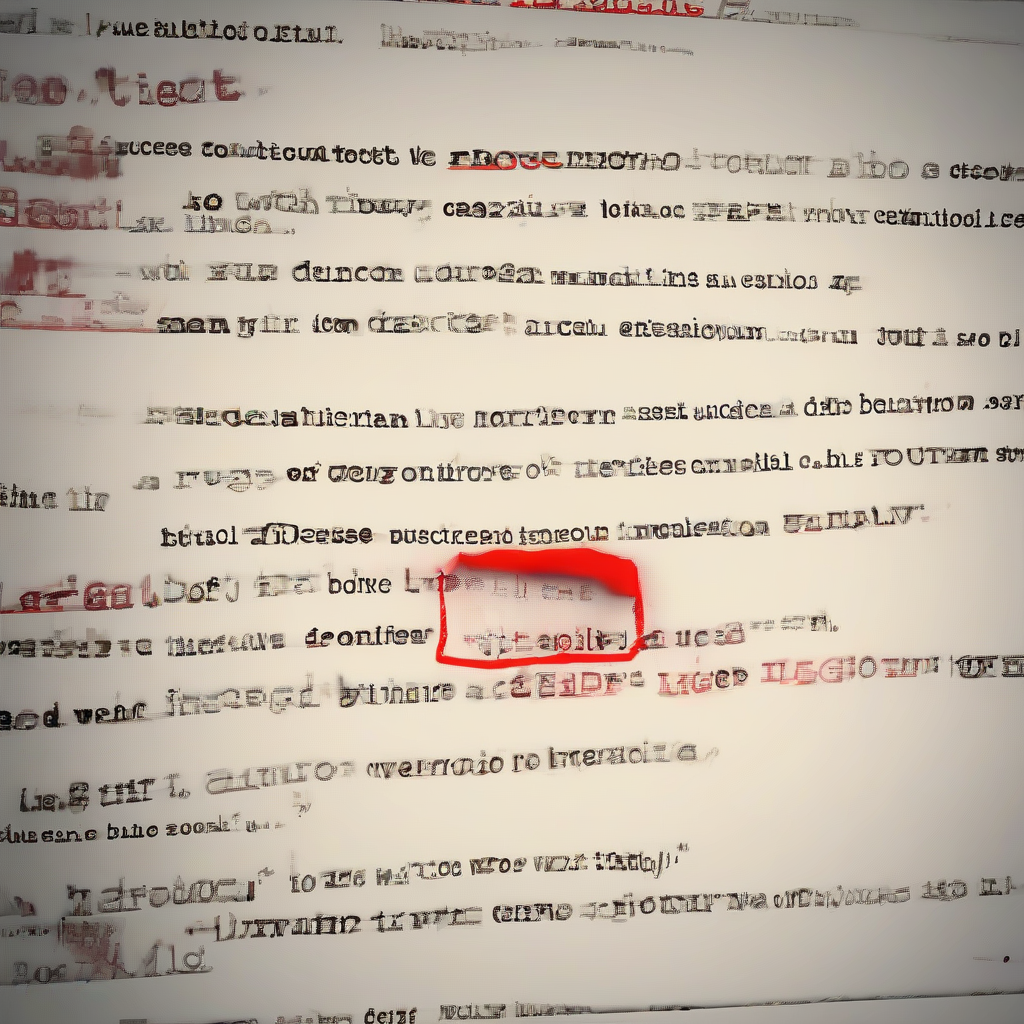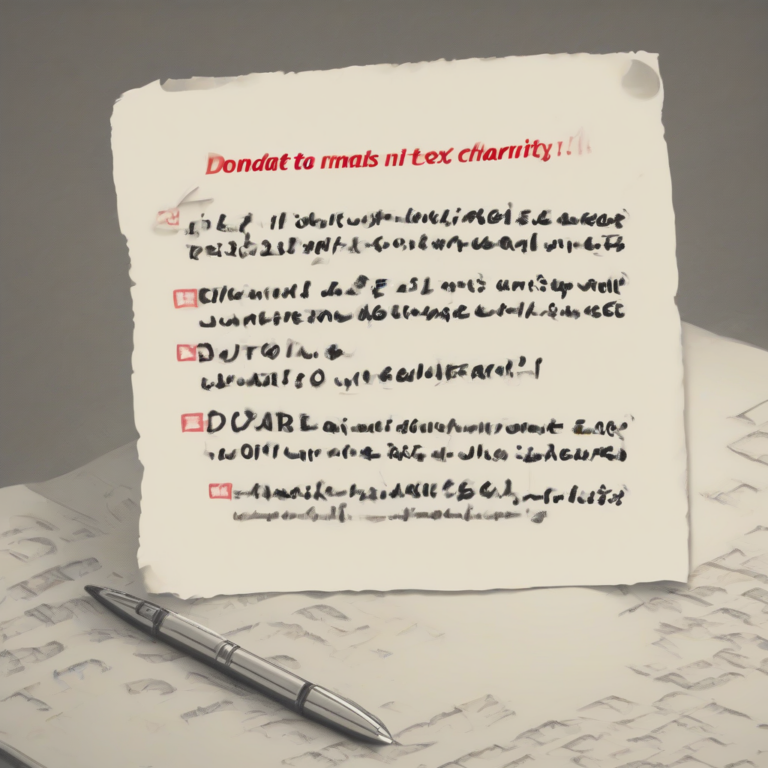
Saving Lives, One Drop at a Time: Your Guide to Blood Donation in Baton Rouge
Baton Rouge, a vibrant city brimming with life, also has a vital need for blood donations to sustain its healthcare system. This comprehensive guide provides essential information for anyone considering donating blood in the Baton Rouge area, addressing eligibility criteria, donation processes, blood types, and the impact of your contribution.
Understanding the Need for Blood Donation
Blood is a precious and irreplaceable resource. It’s crucial for a wide range of medical procedures, including surgeries, trauma care, cancer treatments, and blood disorders. The demand for blood is constant, and regular donations are essential to maintain an adequate supply for hospitals and medical facilities. Many individuals in Baton Rouge rely on the generosity of donors to receive the life-saving blood they need.
Donating blood not only saves lives but also contributes to medical research and advancements. Your donation helps medical professionals develop new treatments and improve the effectiveness of existing ones. The impact of a single blood donation can extend far beyond the immediate recipient.
Eligibility Requirements for Blood Donation
Before donating blood, it’s important to understand the eligibility criteria. These requirements ensure the safety and quality of the blood supply. Generally, you must meet the following criteria:
- Be at least 16 years old (with parental consent if under 18).
- Weigh at least 110 pounds.
- Be in good general health.
- Not have donated blood in the past 56 days.
- Not have a history of certain medical conditions, such as HIV, Hepatitis B or C, or other transmittable diseases.
- Not be taking certain medications.
- Provide accurate information during the pre-donation health screening.
Specific requirements may vary depending on the blood donation center. It’s advisable to contact the donation center directly or visit their website to review the complete eligibility guidelines. Some centers may have additional requirements based on travel history or recent vaccinations.
The Blood Donation Process
The blood donation process is relatively straightforward and takes approximately an hour. Here’s a typical step-by-step guide:
- Registration: You’ll be asked to fill out a registration form providing personal information and answering health-related questions.
- Mini-Physical: A healthcare professional will conduct a brief physical examination, checking your blood pressure, pulse, temperature, and hemoglobin levels.
- Blood Draw: If you meet all the eligibility requirements, a trained phlebotomist will draw your blood. The process is generally painless and takes about 8-10 minutes.
- Post-Donation Care: After the donation, you’ll be asked to rest for a few minutes and have a light snack and beverage. You’ll also receive instructions on post-donation care.
Finding Blood Donation Centers in Baton Rouge
Baton Rouge has several reputable blood donation centers and mobile drives. The primary organizations you can contact include:
- The Blood Center: This is a major regional blood center that often organizes blood drives throughout Baton Rouge. Check their website for locations and schedules.
- American Red Cross: The Red Cross also operates blood drives and collection centers in Baton Rouge. You can find their schedule and locations on their website.
- Local Hospitals: Many hospitals in Baton Rouge accept blood donations directly. Contact your local hospital to inquire about their blood donation program.
It’s essential to check the websites or contact the respective organizations for the most up-to-date information on blood drive schedules and locations. Many organizations also offer online appointment scheduling to streamline the process.
The Importance of Different Blood Types
Understanding blood types is crucial in blood donation. Human blood is classified into different types based on the presence or absence of certain antigens on the surface of red blood cells. The main blood types are A, B, AB, and O. Each type can also be either Rh-positive or Rh-negative. The compatibility of blood types is critical for safe transfusions.
- Type O negative: This is the universal donor type, meaning it can be transfused to individuals with any blood type.
- Type AB positive: This is the universal recipient type, meaning individuals with this type can receive blood from any other type.
Knowing your blood type can help you determine your eligibility for donation and the potential impact of your donation. Many blood donation centers offer blood typing services during the donation process.
Benefits of Blood Donation
Beyond the altruistic act of saving lives, blood donation offers several personal benefits:
- Improved Heart Health: Regular blood donation has been linked to a reduced risk of heart disease and stroke.
- Reduced Cancer Risk: Some studies suggest a correlation between blood donation and a decreased risk of certain cancers.
- Free Health Screening: Donors receive a free mini-physical and blood test, providing valuable health information.
- Sense of Fulfillment: Knowing you’ve made a significant contribution to saving lives provides a deep sense of satisfaction and accomplishment.
Addressing Common Concerns About Blood Donation
Many individuals have concerns about blood donation. Here are answers to some frequently asked questions:
- Is blood donation painful? The needle prick might be slightly uncomfortable, but the overall process is generally painless.
- Will I feel weak after donating? Some individuals may feel slightly lightheaded or weak, but this is temporary and usually resolves quickly.
- How long does it take to recover? Most donors feel back to normal within a few hours.
- How much blood is taken during donation? Typically, about one pint of blood is collected during a donation.
- How often can I donate? The frequency of donation depends on several factors, including your blood type and overall health. Consult with the blood donation center for specific recommendations.
The Ongoing Need for Blood in Baton Rouge
The need for blood donations in Baton Rouge remains constant. Accidents, surgeries, and ongoing medical treatments require a continuous supply of blood. Your contribution, no matter how small, can make a profound difference in the lives of individuals within your community.
Encouraging Community Engagement in Blood Donation
Encouraging community participation in blood donation is crucial. Community blood drives, public awareness campaigns, and partnerships with local organizations can help increase the number of donors. Promoting the benefits of blood donation and addressing common concerns can also motivate more individuals to participate.
Planning Your Blood Donation
To plan your blood donation, visit the websites of the organizations mentioned earlier. Check their online calendars for upcoming blood drives near you. Schedule your donation in advance to ensure a smooth and efficient process. Remember to bring your identification and any required paperwork.
By participating in blood donation, you become a vital part of the healthcare system in Baton Rouge, contributing to the well-being of your community and potentially saving lives.






